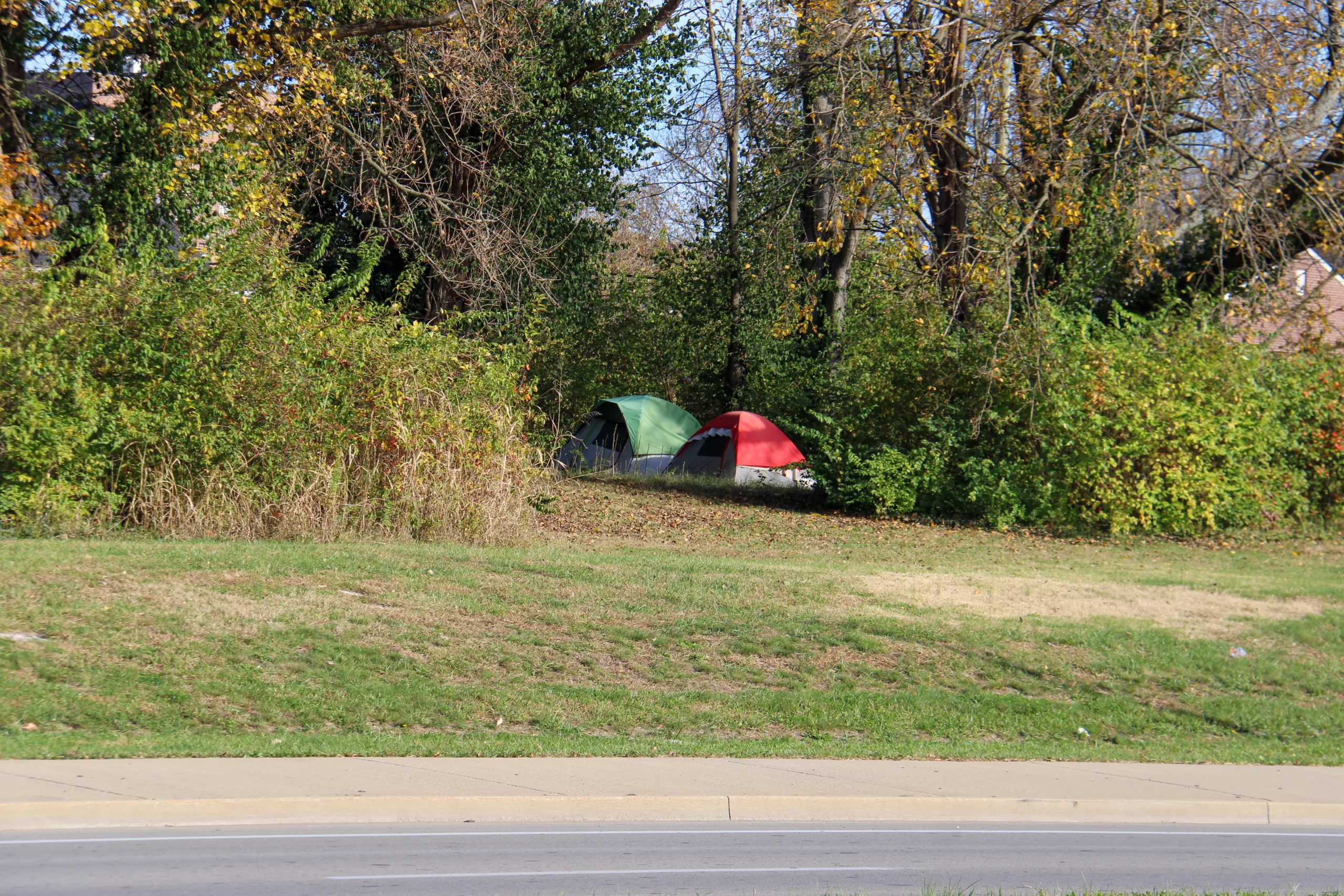Lexington could soon have more homeless kids, as pandemic-era rental assistance program ends

by Paul Oliva, The Lexington Times
LEXINGTON, KY — As the curtain falls on a pandemic-era federal rental assistance program, a grim forecast looms over Lexington, with advocates warning of a potential surge in homelessness, particularly among children. This concern follows the cessation of a lifeline that has supported numerous families during the economic turbulence of the COVID-19 pandemic.
Lexington’s Housing Stabilization Program, part of the federal government’s emergency response to the pandemic, has been a crucial support for those struggling with rent and utility bills. Since February 2021, the program has paid $53 million in past-due rental payments. Its conclusion marks a turning point for many, including the 627 students in Fayette County Public Schools (FCPS) considered displaced or homeless.
T.C. Johnson, the McKinney-Vento program manager at FCPS, recently told WKYT she anticipates a significant increase in the number of homeless students, particularly as the winter months approach. This projection aligns with other advocates’ observations.
A call for action, awareness
Davita Gatewood is a single mother and housing advocate facing her own housing crisis. In a phone interview, she voiced her frustration and fear for Lexington’s most vulnerable. Her concern is not just for her family but echoes the predicament of numerous others in the community.
The necessity for heightened awareness and action is at the forefront of Gatewood’s message. She stressed the need for informing those in peril about the Housing Stabilization Program’s termination and guiding them toward alternative resources. Community Action Council and Community & Resident Services are among the few avenues still available, but with the federal safety net gone, they are bracing for a surge in demand.
In a candid expression of the challenges ahead, Gatewood underscored the daunting task of securing rental assistance in the current landscape. “That’s going to be difficult to find, period,” she remarked, reflecting on the scarcity of funds available for those in need.
Gatewood says the situation is exacerbated by a lack of widespread awareness about the extent of the housing crisis. She pointed to an urgent need for a coordinated response that not only mobilizes existing resources but also raises awareness among potential donors and aid organizations about the gravity of the situation facing many Lexington families.
“There may be people with resources who may not know the problem exists. If there’s not an organized effort to help those families, I don’t know what we’re going to do,” she said.
Missed opportunities to help
Gatewood also criticized the city’s allocation of recent financial surpluses, pointing out that funds could have been more effectively used for innovative housing solutions rather than aesthetic improvements like a downtown park or a $211,588.03 welcome sign.
“Our city had the resources, and that’s where the money went,” Gatewood said. “How ‘welcoming’ is it to know that people on our Council care more about a sign or park than them?”
The alleged misuse of American Rescue Plan Act (ARPA) funds, meant to aid those affected by the pandemic, is another point of contention for Gatewood. She argues that these funds were not utilized as intended, leaving those laid off or homeless due to COVID-19 without the anticipated support.
Other advocates have criticized city leaders criticized for spending a significant amount of Lexington’s pandemic recovery money on funding parks. In a recent Herald-Leader op-ed titled ‘Why is Lexington funding parks when it could be doing more for our most vulnerable?‘, Adrian Wallace wrote that, “[w]hen Lexington received $121 million in American Recuse Plan Act funding a couple years ago, it set aside $10 million for one portion of one park. The city is spending a total of $24 million in federal coronavirus relief money to update and expand its parks. It also allocated $7 million (granted for infrastructure SUPPORTING the park but not IN the park) to the Town Branch Park project that is now being touted as a “privately funded project.”
Wallace concluded his op-ed with a simple call to action:
We the people, as a community, must care for the poor, the oppressed and the marginalized.
Lexington still has good people. We must do something.
Community response
In response to this growing crisis, advocates are spearheading the establishment of a hotline to report families sleeping in cars, underlining the urgency of the situation. Moreover, Gatewood emphasized the importance of financial literacy, advocating for programs that not only provide housing but also educate individuals on maintaining it.
To Gatewood, a call to action resonates: there is a pressing need for organized efforts to assist affected families and realign city priorities to address the burgeoning housing crisis in Lexington.
Top photo: An October 2023 photo shows tents along Oliver Lewis Way in Lexington, Kentucky a city with over 600 homeless children. (The Lexington Times)
Recommended Posts

Kamala Harris needs a VP candidate. Could a governor fit the bill?
Fri, July 26, 2024
After cyber-attack on Jefferson County Clerk, Fayette counterpart discusses precautions
Fri, July 26, 2024
An eastern Kentucky animal shelter is swelling this summer
Fri, July 26, 2024